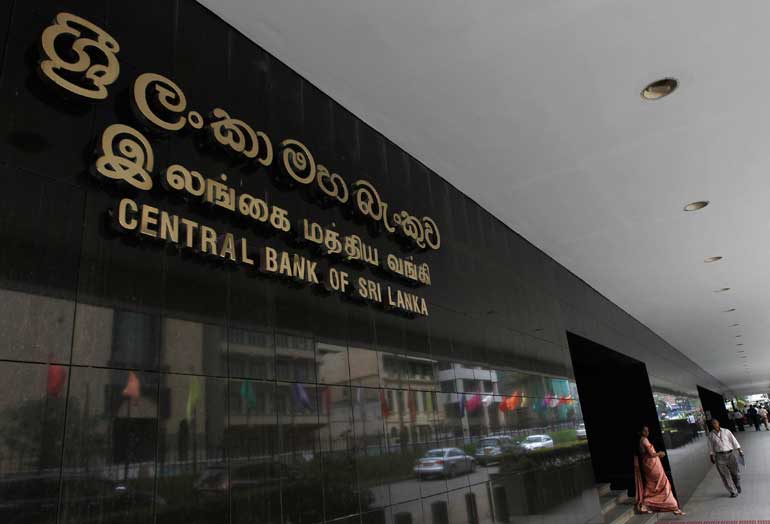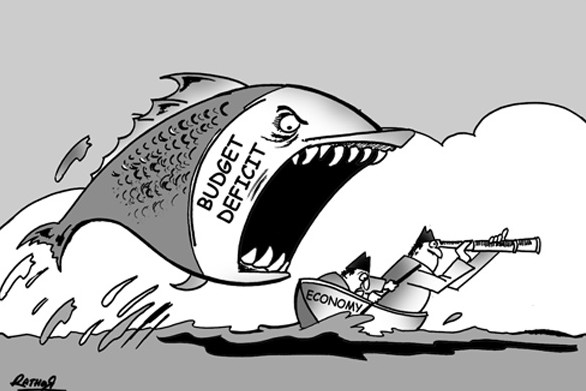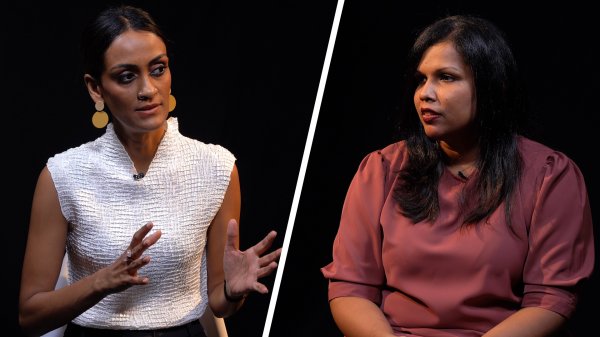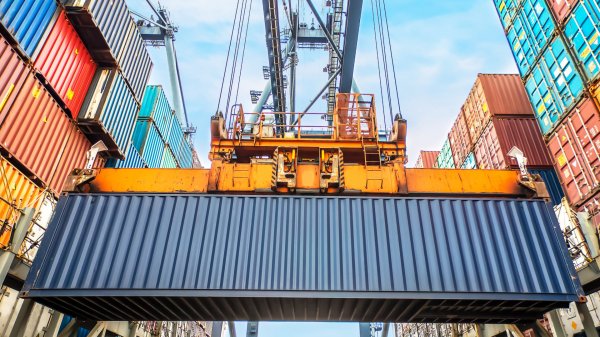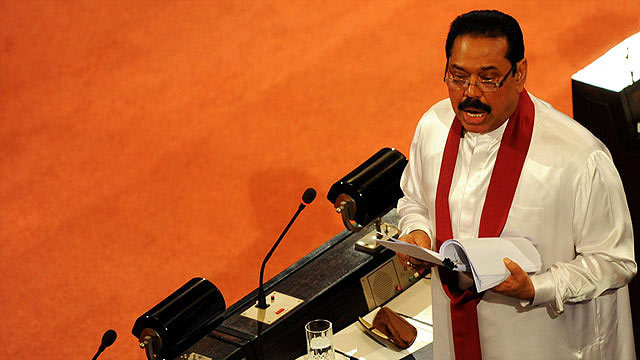
On 17 November, Prime Minister and Minister of Finance Mahinda Rajapaksa walked into the chambers of Sri Lanka’s parliament to deliver the maiden budget of the Sri Lanka Podujana Peramuna (SLPP)-led government.
However, the journey to this point has not been easy. His brother, President Gotabaya Rajapaksa, secured a landslide victory in last year’s presidential elections, but barely four months into the job had to helm the country through the COVID-19 pandemic. His performance impressed the people, who promptly gave his party a vital two-third majority in parliament this August.
Since then however, an already ailing economy has fallen victim to a second wave of the coronavirus. Harsh import controls and curfews, though arguably necessary, have dealt a heavy blow especially to the poor and the daily wage earners.
And it does not look like things will get better anytime soon.
An Economy In The Doldrums?
For starters, Sri Lanka’s economic growth has been slowing in the absence of any meaningful reforms. In 2019, Sri Lanka’s economy grew by just 2.3%, forcing the World Bank to downgrade Sri Lanka to a lower middle-income country exactly 12 months after granting the island nation upper middle-income status. The International Monetary Fund (IMF) expects Sri Lanka’s economy to shrink by 4.6% in 2020, due to the economic impact of COVID-19. This figure could very well be much higher once the negative effects of the second wave are factored in.
Sri Lanka is also deeply in debt. The central government’s debt load at the time of writing amounts to nearly 93% of the country’s GDP, according to data published by the Central Bank of Sri Lanka (CBSL).
Data compiled by Fitch Ratings indicates that between 2021 and 2025, Sri Lanka will have to repay around USD 4.3 billion in debt every year. One time deputy governor of the CBSL, Dr. W. A. Wijewardena, pointed out this week in his column in a local daily, “According to Central Bank data, within the next 12-month period, the total debt servicing obligations of the country that include those of both the Government and the private sector will amount to USD 6.7 billion. But the liquid foreign exchange which the country has as foreign reserves amounts to USD 5.4 billion after excluding the gold balance which cannot be used immediately for this purpose.”
Complicating matters is the problem of inadequate government revenue, which is a persistent problem for the Sri Lankan economy. The SLPP-led government provided generous tax concessions to the populace in early 2020 in order to stimulate demand, but nobody saw COVID-19 coming. As a result, tax revenues are expected to tumble in 2020, worsening the government’s financial position.
It is against this backdrop that Prime Minister Rajapaksa presented the new government’s budget.
Breaking down the contents
The premier began his speech by announcing the government’s intention to maintain an economic growth rate of 6% in the medium term. Inflation is expected to be maintained at 5% a year. The budget deficit is to be reduced to 4% while the public debt-to-GDP ratio is to be reduced to 70%. The latter is arguably an aggressive target, considering the circumstances.
Everyday Taxes, Tariffs, and Bans
As with every budget, a lot of focus has been on taxation-related proposals, given the government’s fundraising constraints. The biggest highlight of them all was the new Goods and Services Tax (GST) that will be introduced and levied on alcohol, cigarettes, telecommunication, vehicles, betting and gaming. This tax is expected to replace the plethora of taxes currently imposed on these products. While the new tax will go into effect from 1 January 2021, Treasury Secretary S.R. Attygalle said that he expects GST to be either ‘revenue neutral or positive’, which means it won’t really affect the government’s finances apart from making the tax collection process more efficient.
Another highlight was the decision to redesign how Sri Lanka taxes imports into the country. As revealed in the budget:
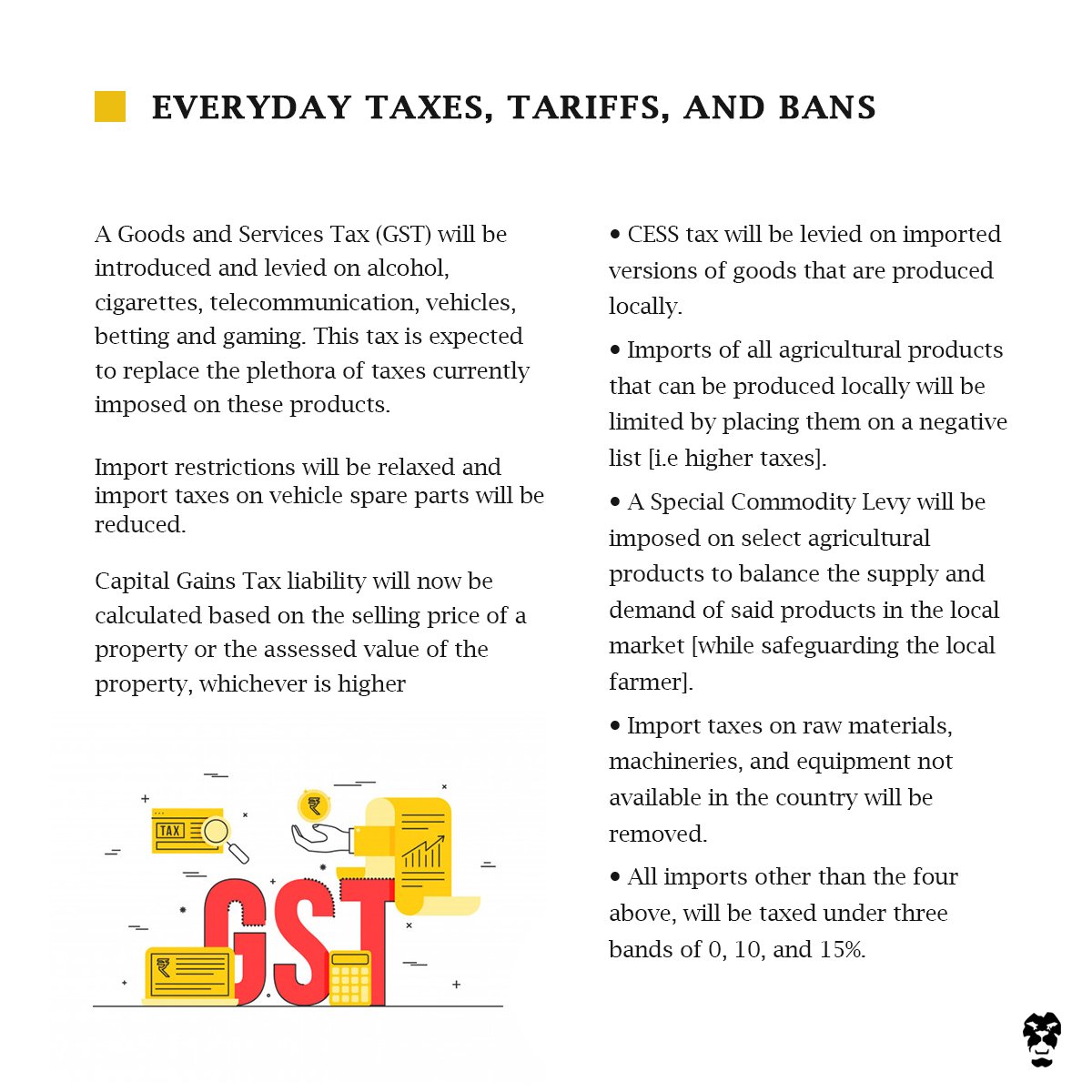
In addition to this, there were proposals to relax import restrictions and reduce import taxes on vehicle spare parts, and to change how the tax liability on Capital Gains Tax will be calculated. It’s too early to tell how the former would affect vehicle owners, though a local newspaper reported that a reduction in prices was unlikely because the effective tax liability may increase by around 2%. With regard to the latter, the Capital Gains Tax liability will now be calculated based on the selling price of a property or the assessed value of the property, whichever is higher.
The Private Sector
There were a few proposals for the private sector to cheer about, and one in particular to cry about. As some analysts have pointed out, the proposal to ask companies with more than 50 employees to contribute 0.25% of their revenue to fund a COVID-19 unemployment insurance scheme could prove to be a contentious issue, particularly because some of Sri Lanka’s largest firms could incur liabilities north of LKR 300 million, an amount that is not ‘chump change’ by any measure.
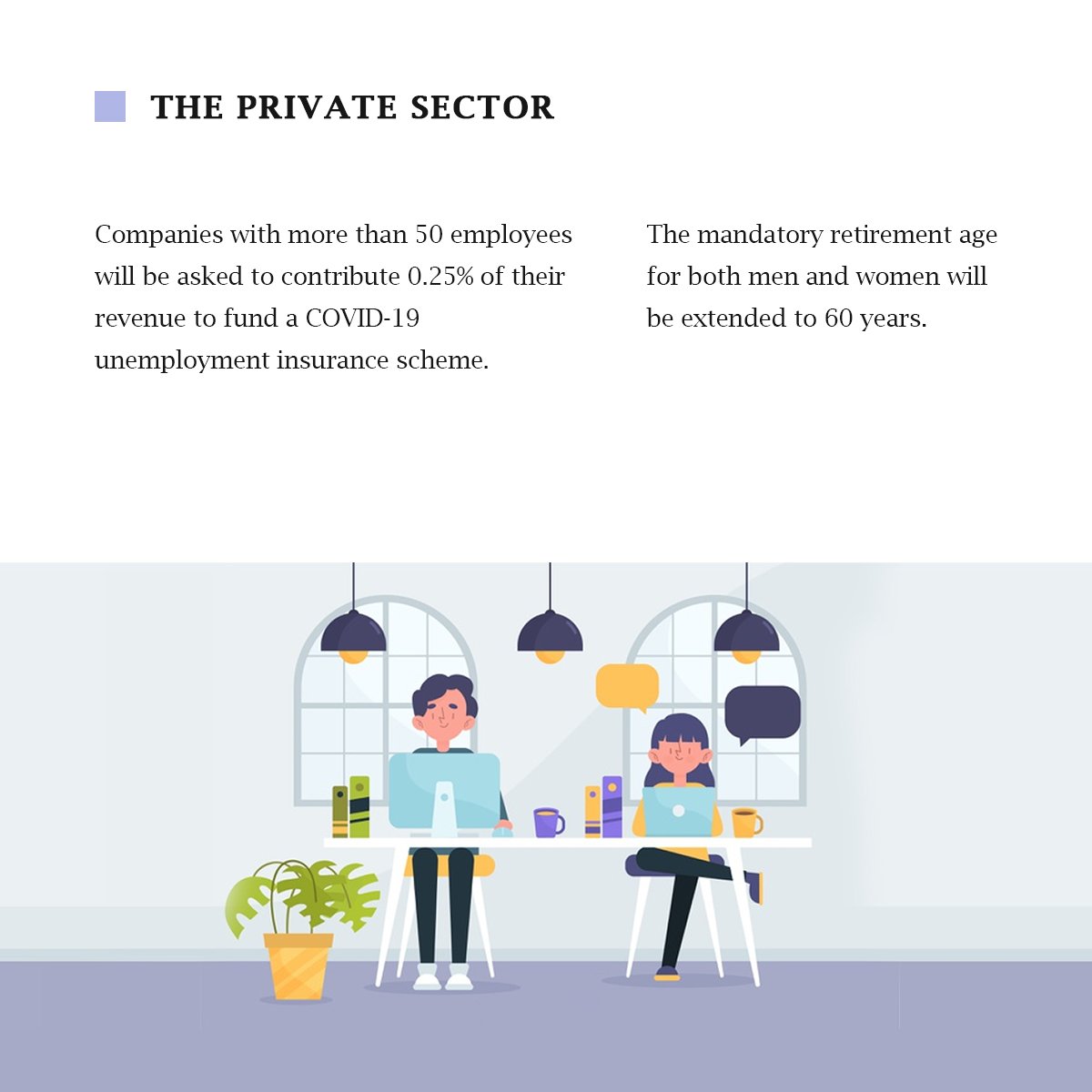
Importantly, the mandatory retirement age for both men and women will be extended to 60 years. However, it is not yet clear whether individuals who were previously entitled to access their EPF funds upon turning 55 will now have to wait until they turn 60.
Entrepreneurs and the Self-Employed
The budget contains a proposal to grant aspiring entrepreneurs who graduate from vocational training institutes a start-up loan of LKR 500,000, at an interest rate of 4%, with a grace period of five years. The loan will be structured so that a commitment fee of 0.25% can be charged to make sure borrowers use the funds in compliance with the objectives of the scheme.
Another proposal was put forward to create a contributory pension scheme for the self-employed, though any details remain scarce at this point.
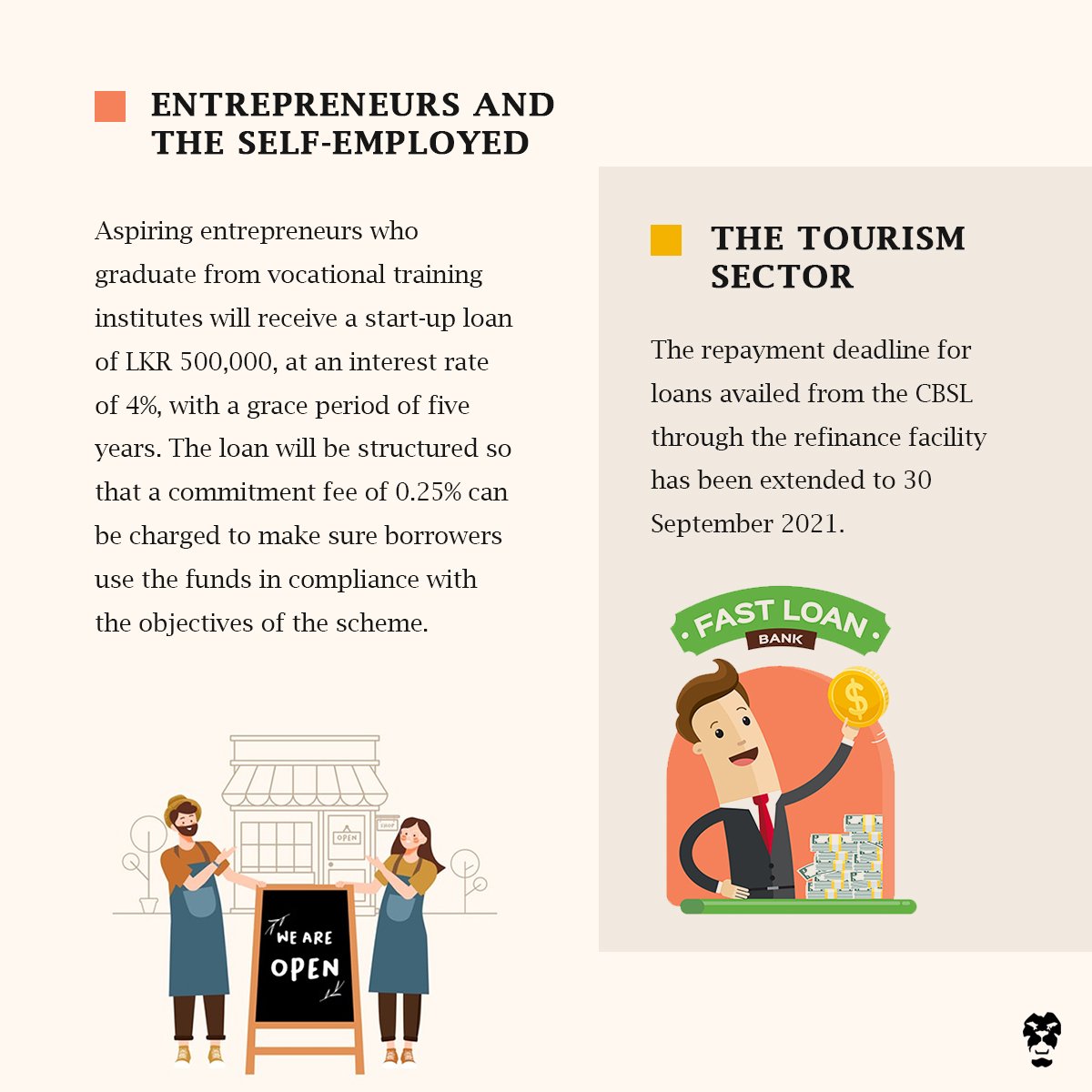
The Tourism Sector
The tourism sector that has been hard-hit by the pandemic was promised an extension of the repayment period provided to pay back loans obtained from the CBSL through the COVID19 refinance facility. The repayment deadline has now been set at 30 September 2021. Another proposal to reduce taxes levied on tourism-related businesses by local government bodies is also bound to be welcomed by the sector, simply because it reduces administrative complexity especially for a lot of SMEs.
The Plantation Sector
The government is determined to push through a policy to increase the daily wage of plantation workers to LKR 1,000, and wants to see this go into effect from January 2021, according to Premier Rajapaksa. Hidden deep within the speech was also a thinly-veiled warning that plantation companies that cannot pay this salary could see their management agreements changed under a new legal framework. Companies with viable business plans will be given the opportunity to take over these businesses subsequently. This is a welcome proposal at the outset — especially considering how long plantation workers have been seeking the LKR 1,000 daily wage. However, including such a proposal in the budget speech could set a bad precedent. Plantation sector veteran Vish Govindasamy opined at a separate post-budget event that including the plantation wage in the budget was an unwise step by the government, as it creates space for other trade unions to try and include their demands in subsequent budgets.
“This is the first time a wage has been mandated by the Budget. This will open up a Pandora’s Box where other unions will want to get salary increases via a Budget. This proposal also raises questions on the productivity component and the gratuity issues. In the plantation sector, even if a worker comes to work for a day, gratuity has to be given for the entire year, and these are huge amounts. We have been talking with the Labour Ministry to revise gratuity for a while now” Govindasamy said.
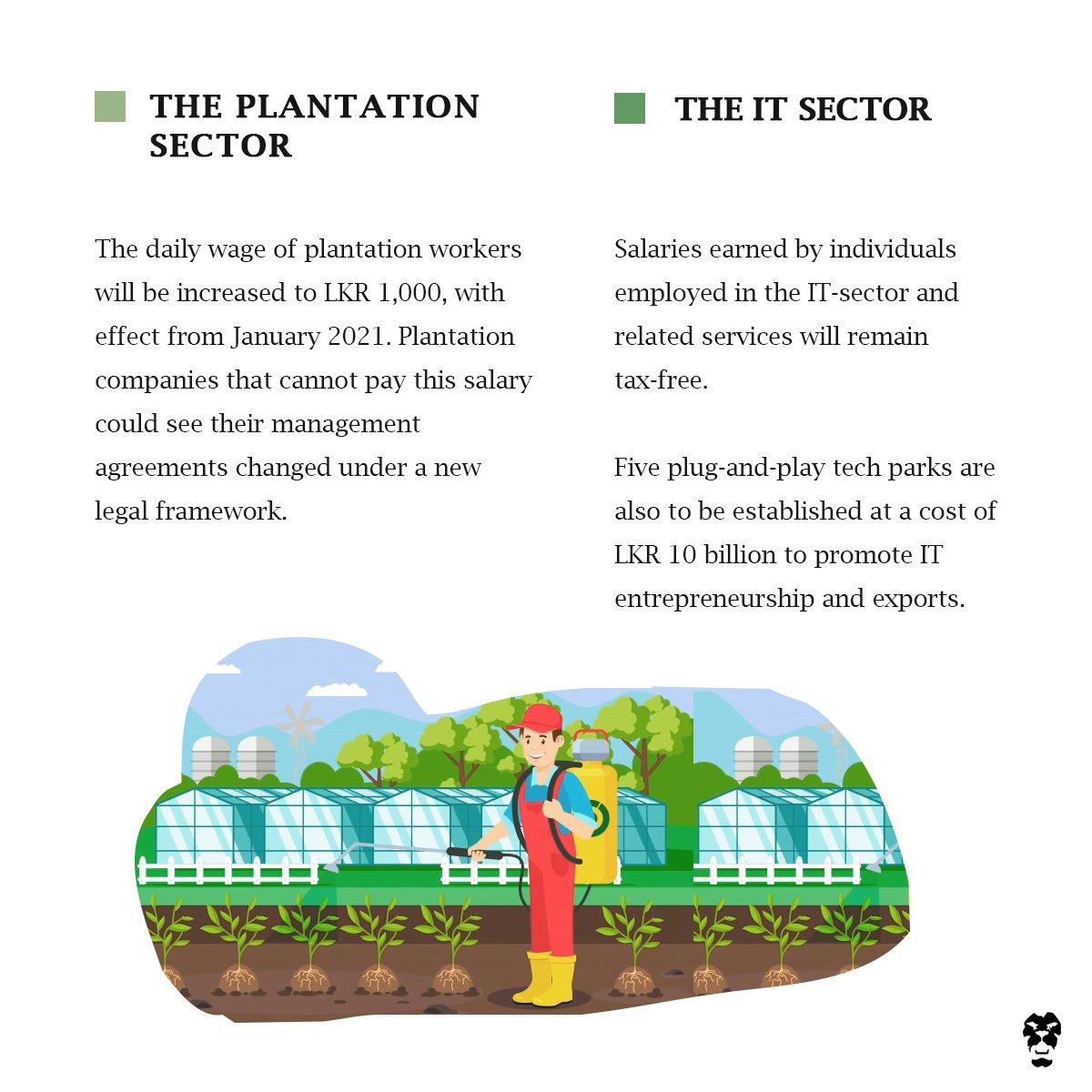
The IT Sector
IT has been identified as a key pillar for economic growth by the new government, and it is reassuring to see them aim to fulfil that promise. In his budget speech, the prime minister proclaimed that salaries earned by individuals employed in the IT-sector and related services will remain tax-free.
Five plug-and-play tech parks are also to be established at a cost of LKR 10 billion to promote IT entrepreneurship and exports. These could resemble the Trace Expert City in Maradana, which has been hugely successful in convincing the likes of the London Stock Exchange Group to invest in Sri Lanka.
Construction and Real Estate
The budget gives the construction sector a lot to look forward to, especially because the government has promised to simplify the approval process, remove import taxes on construction machinery, and has promised easier access to raw materials such as sand. Investors who wish to set-up facilities to recycle construction waste have been granted a 10-year tax concession and any machinery they import for the purpose will be exempt from import taxes.
Another important proposal is to provide non-resident Sri Lankans the ability to purchase luxury apartments using foreign currency earnings or a loan obtained from a foreign bank. This is a boon for high-end apartment developers, who had trouble unloading their inventory due to the slowdown in the economy.
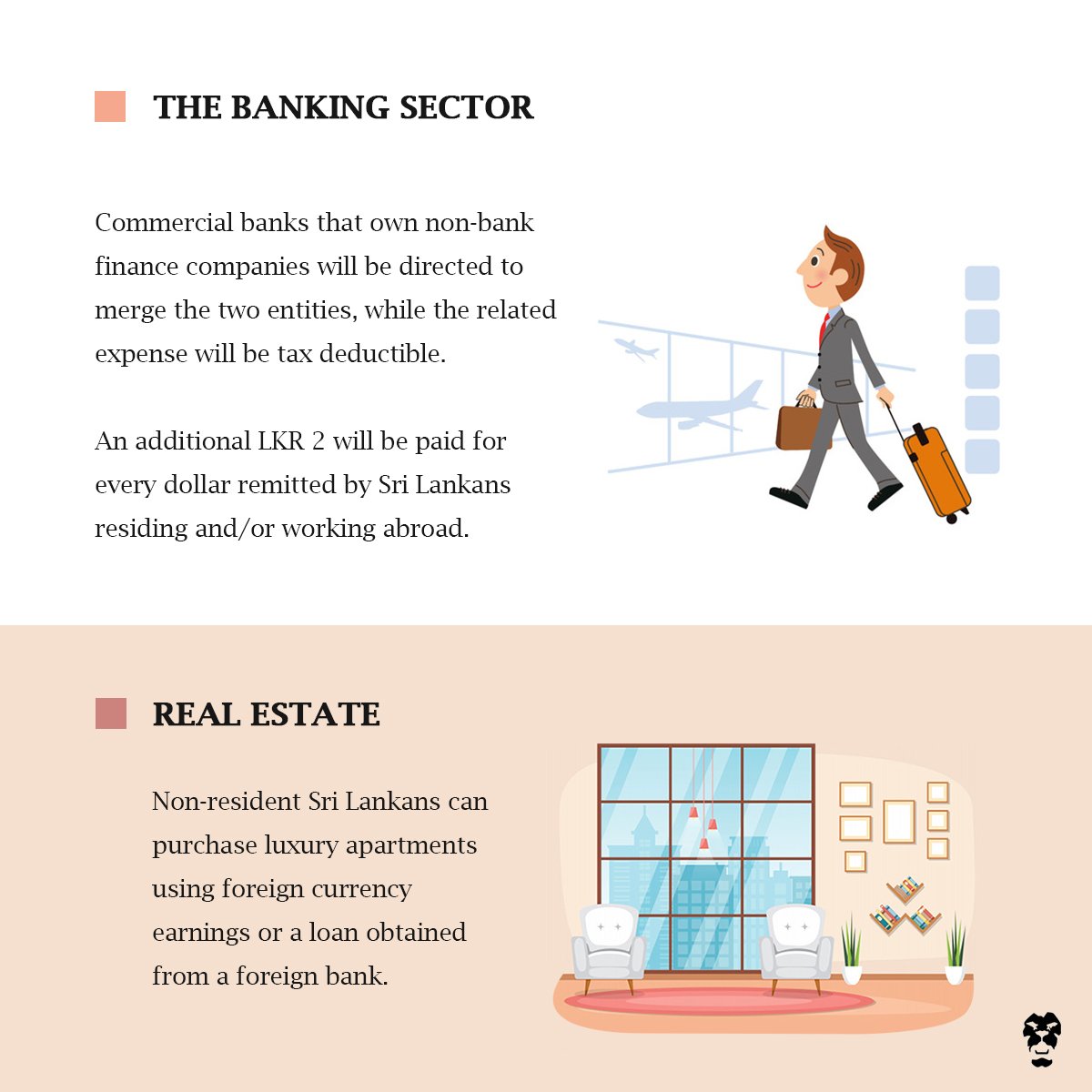
The Banking Sector
Consolidation was the highlight of the budget speech for the banking sector, with premier Rajapaksa stating that commercial banks that own non-bank finance companies will be directed to merge the two entities, while the related expense will be tax deductible.
The legal framework governing non-bank finance companies is to be made more stringent while sector-wide consolidation will be encouraged. It is interesting to note that during Rajapaksa’s second stint as president, then-Governor of the CBSL, Ajith Nivaard Cabraal, championed a plan to encourage consolidation across the banking and financial sector. The change of government in 2015 ensured that the consolidation process was abandoned, but with Cabraal being granted a seat in the new government as State Minister for Money and Capital Markets and State Enterprise Reforms, the initiative appears to be back. The CBSL’s current stance on the issue is that “Sri Lanka has too many financial institutions given the size of its economy.” However, even in 2014, opinion was divided on whether consolidation was necessary or not.
In what we assume is a move to encourage remittances, the budget also included a proposal to pay an additional LKR 2 for every dollar remitted by Sri Lankans residing and/or working abroad.
A new entity known as the National Development Banking Corporation (NDBC) is to be created by merging the Housing and Investment Bank, Housing Development Real Estate Limited and the Regional Development Bank.
FDIs and Strategic Investments
Based on the budget speech, it would be safe to assume that the government is prioritising investment in select sectors under the Strategic Development Projects Act. Under the provisions of the act, large-scale investments greater than USD 10 million in the export, dairy, fabric, tourism, agriculture, and IT sectors will be granted concessions for upto 10 years.
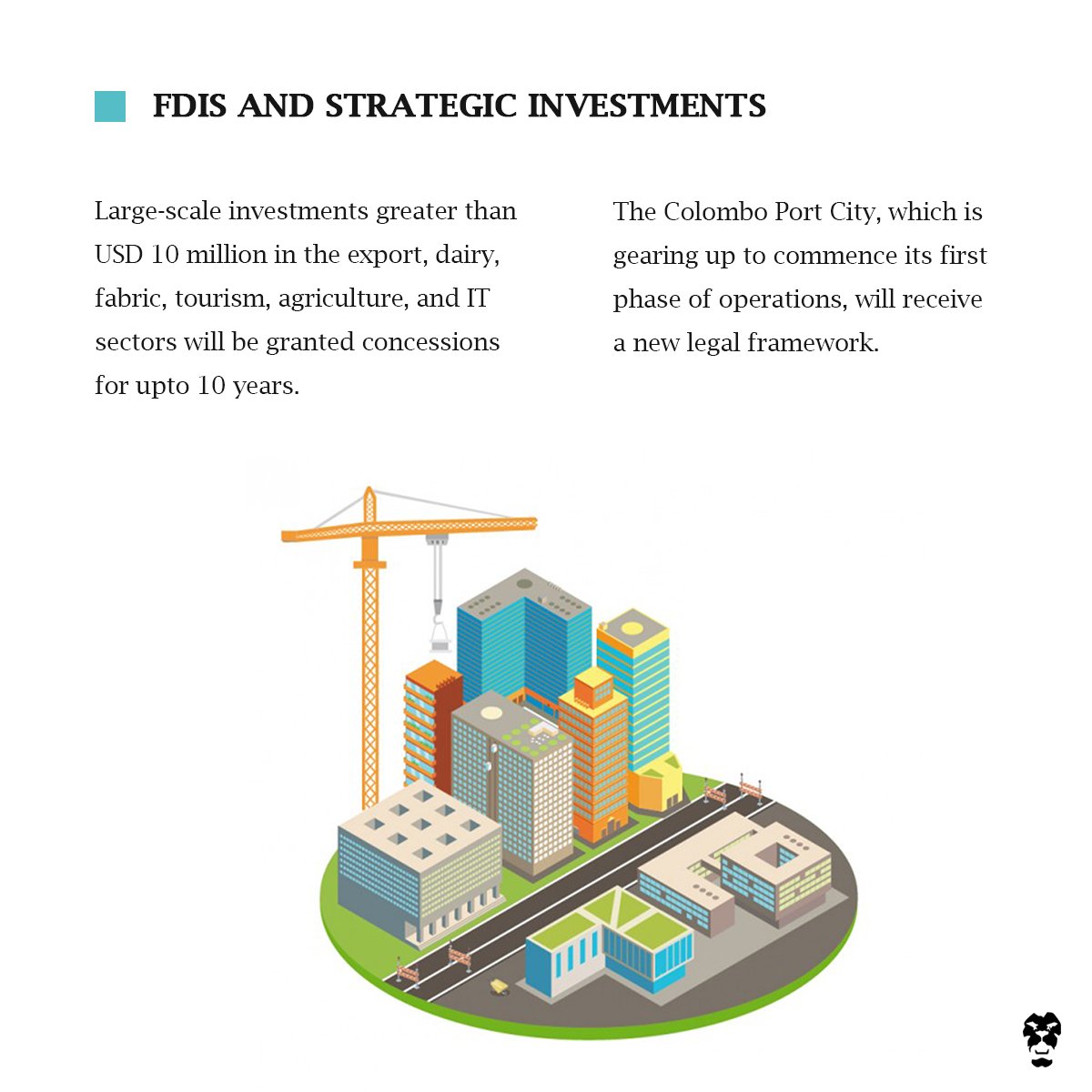
The Colombo Port City, which is gearing up to commence its first phase of operations, will receive a new legal framework as envisaged in the original plan. The framework will designate the Colombo Port City as a Special Economic Zone, and will grant concessions on taxes, specific goods, and banking services.
Education
The budget speech revealed that the government intends to formulate a national education policy to regulate and reform education institutes, education syllabi, teacher education and training, and examination procedures to meet modern-day requirements. We see this as a very timely move, provided it is done well and under the guidance of local and/or international experts.
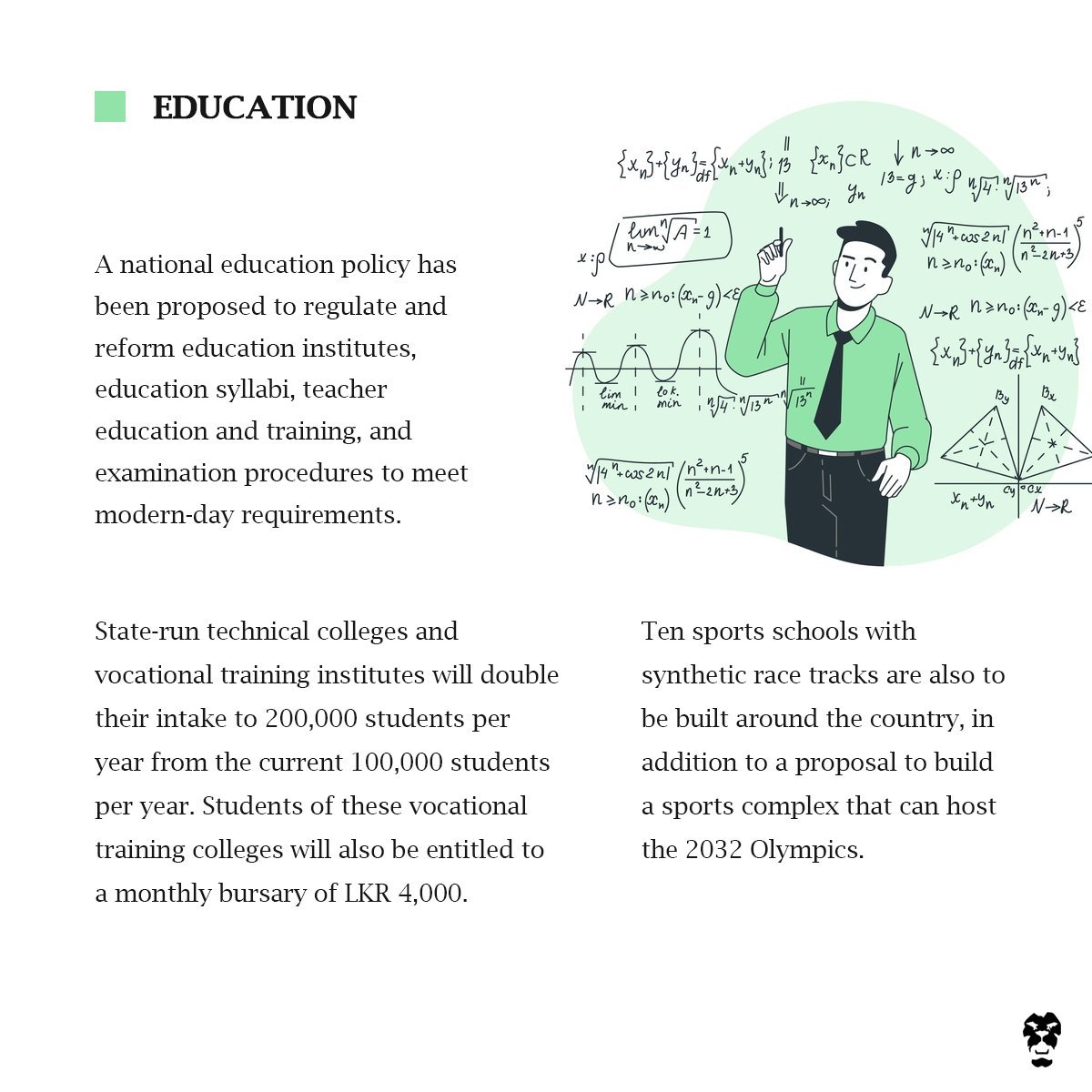
State-run technical colleges and vocational training institutes that have long been underutilised as tools to build a highly skilled workforce will receive a shot in the arm through a proposal to double their intake to 200,000 students per year from the current 100,000 students per year. Encouragingly, students of these vocational training colleges will also be entitled to a monthly bursary of LKR 4,000.
Ten sports schools with synthetic race tracks are also to be built around the country, in addition to a proposal to build a sports complex that can host the 2032 Olympics being thrown into the mix.
Infrastructure
Plans are afoot to upgrade both the hard and soft infrastructure of the country. During his budget speech, Prime Minister Rajapaksa announced that long-awaited cybersecurity, intellectual property and data protection laws will be introduced soon.
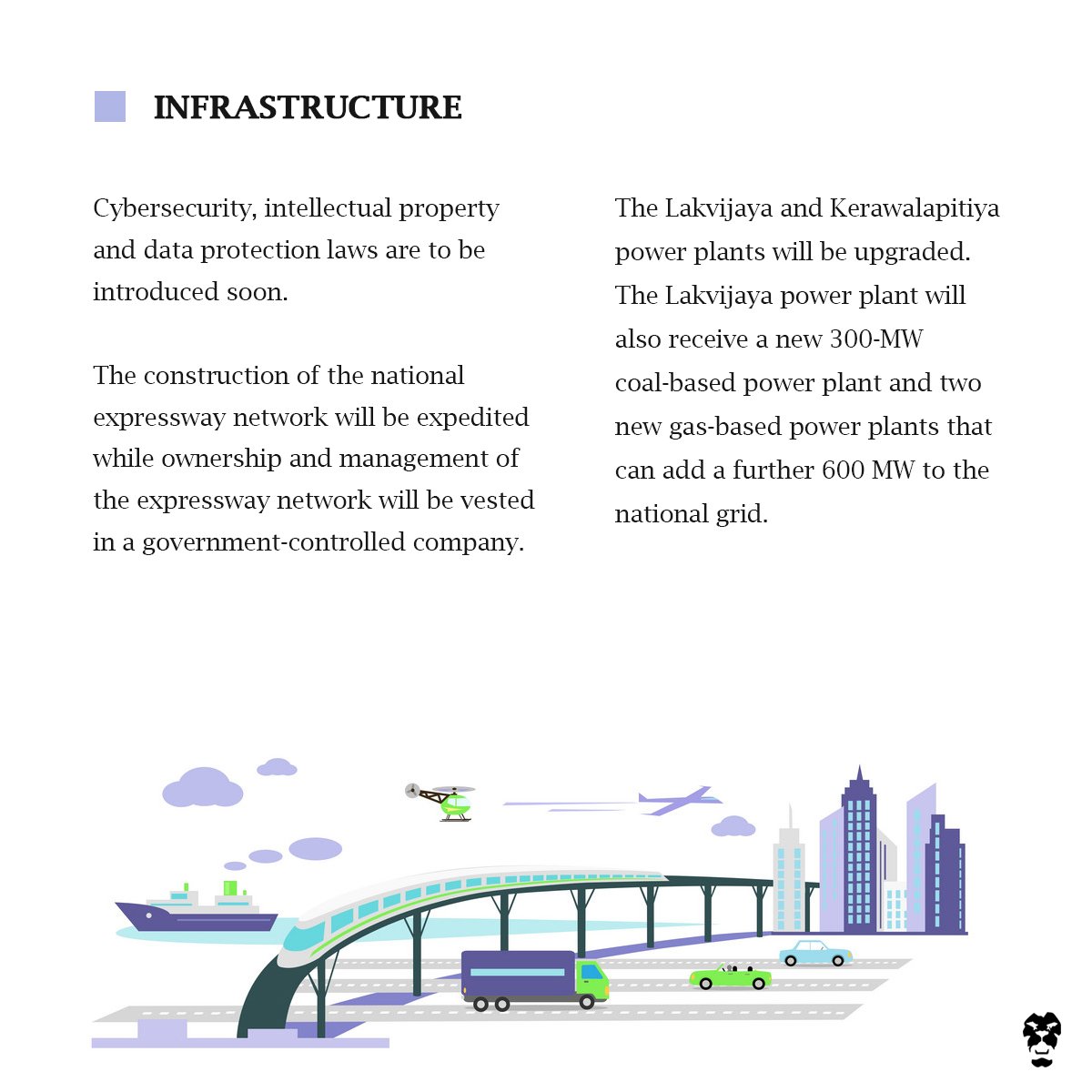
The construction of the national expressway network will be expedited while ownership and management of the expressway network will be vested in a government-controlled company.
In order to avert a potential power crisis over the next two years, the Lakvijaya and Kerawalapitiya Power Plants will be upgraded. The Lakvijaya power plant in particular, will receive a new 300-MW coal-based power plant and two new gas-based power plants that can add a further 600 MW to the national grid.
Agriculture
Modernising the rural agricultural sector and safeguarding the local farmer was one of the key promises the SLPP-led government trotted out to win the elections, so it is not surprising that the government has proposed some perks for the agriculture sector.
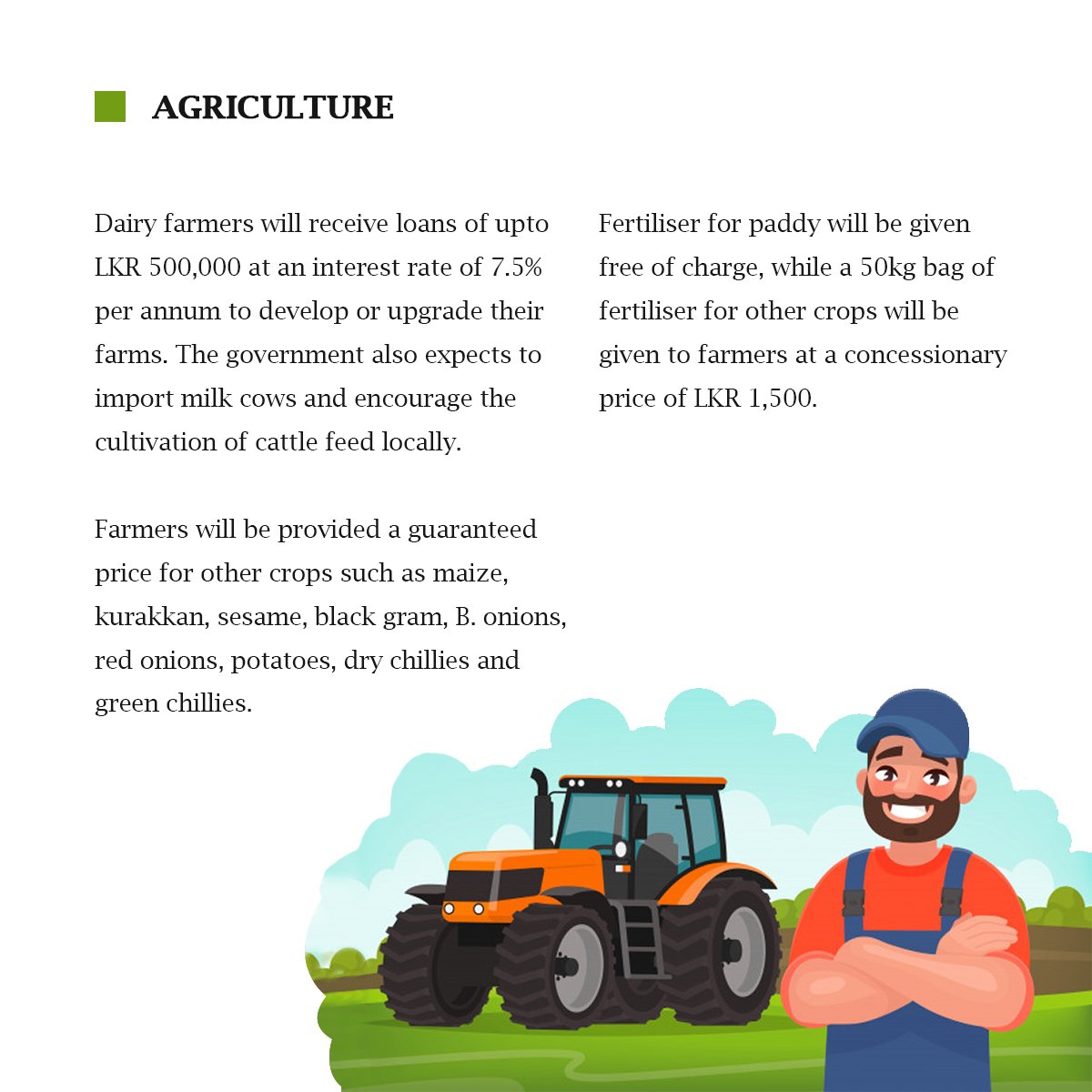
Prime Minister Rajapaksa announced that dairy farmers will receive loans of upto LKR 500,000 at an interest rate of 7.5% per annum to develop or upgrade their farms. The government also expects to import milch cows and encourage the cultivation of cattle feed locally.
Moreover, farmers will be provided a guaranteed price for other crops such as maize, kurakkan, sesame, black gram, B. onions, red onions, potatoes, dry chillies and green chillies. Incentivising the cultivation of crops such as black gram could help bring down and stabilise market prices, which have skyrocketed due to import restrictions on certain agricultural products.
Fertiliser for paddy will be given free of charge, while a 50kg bag of fertiliser for other crops will be given to farmers at a concessionary price of LKR 1,500.
Is #SLBudget2021 Any Good?
Whether or not the proposed budget shows promise depends on which side of a business transaction you tend to be on. If you’re an importer, you are bound to remain nervous until the new duty structure comes into effect. Domestic manufacturers, meanwhile, are likely to be looking forward to seeing the proposals implemented.
For their part, the Ceylon Chamber of Commerce welcomed the budget for its tax stability and focus on export and the development of capital markets. An interesting sentiment across the broader community of economic analysts is that this budget appears to be free of diktats by multilateral lending agencies such as the International Monetary Fund (IMF), who typically push countries towards austerity by way of higher taxes and tighter monetary policy, thus counterintuitively killing growth and leaving people impoverished.
Opposition lawmaker and economist Dr. Harsha De Silva slammed the budget claiming that it contained ‘unrealistic’ revenue figures. He also warned against the government’s shift towards protectionism and the policy of import substitution-led industrialisation, pointing out that the policy had continued to fail despite being desired by Sri Lankan policymakers for decades. He does have a point. After all, Sri Lanka does not have the factor endowments such as abundant land and labour that countries such as China possess, and must always rely on trade. As such, Sri Lanka may not be able to afford to forget that “Trade, however, is not a one-way street,” as the European Union gently pointed out a few days after the budget was presented in Parliament.
The full English text of the 2021 budget can be accessed here.



